
I still haven’t seen Oppenheimer. But I did just see Blue Beetle. And it’s a delight. I’m not one bit ashamed!
Representation matters. It is especially impactful when done with such love and with detailed cultural inclusion. It’s a shame the film isn’t doing better than it is at the box office – whether due to the impact of actors’ strikes, weather weirdness, and just late summer doldrums. We can simply hope it finds an expanded audience on streaming and cable and gathers good-hearted steam the way the equally charming Encanto did.
In fact, both films, albeit showcasing different cultures (Blue Beetle the Mexican-American experience, Encanto set in Colombia), center themselves on the ties that bind: mi familia. This theme gives both films their superpowers, highlighting the magic, both tangible and ephemeral, in a close-knit clan.
Director Angel Manuel Soto slows the pace, not often a luxury in superhero spectacles, to shape our understanding of the Reyes family, who are hitting hard times in the fictional Palmera City but never losing their love for each other, their hopefulness, nor their senses of humor. Much of the rest of the film is a paint-by-numbers superhero origin tale, but it works because of the moments we spend early in the film, investing in this beautiful family dynamic.
Karate Kid’s Xolo Maridueña is well-cast as the Peter Parker-esque Jaime, recently graduated from college and quickly realizing that the “American Dream” is not all its cracked up to be. Maridueña acquits himself nicely in the film with an easy charm as he finds himself in possession of a mystical alien scarab that affixes itself to his back (and soul) and imbues him with seemingly limitless superpowers (much to the chagrin of the furnishings and structure of his family’s home). Maridueña deftly makes the leap from small to large screen and carries the film without breaking a sweat.
But his family, oh, his family. I deeply wish DC Studios’ head James Gunn posthaste would turn this film into a streaming series, following the Reyes’ misadventures. Soulful Damián Alcázar as gentle patriarch Alberto, compelling Elpidia Carrillo as deep-feeling mama Rocio, sparkling Belissa Escobedo as quick-witted sister Milagro, zany George López as conspiracy-theorist/tech-aficionado uncle Rudy, and, most notably, beguiling Adriana Barraza as flinty/sassy Nana are a collective, well, marvel. Their ensemble scenes crackle with a world-weary merriment and a canny resilience that give the film its corazón.
There are so many intentional, thoughtful touches throughout, highlighting the socioeconomic and cultural challenges endemic in this country, without ever devolving into moralizing. The film doesn’t pull its punches, though – particularly where fictional global conglomerate Kord Enterprises is concerned. Kord is the chief source of all disparity in Palmera City, a creeping corporate fungus reshaping anything down-to-earth (like the Reyes’ neighborhood) into a Blade Runner-esque high rise megalopolis. At one point, Milagro observes (with a healthy hint of justifiable anger), “We’re invisible to people like that. It’s our superpower.”
Kord is run by Victoria Kord, portrayed in an understated way by Susan Sarandon, who, quite honestly looks a bit lost amidst the summer blockbuster bombast, but holds her own. Blessedly, Sarandon, as the film’s primary villain, plays the role like the misanthropic captain of industry Victoria is, not like Cruella de Vil. A trap lesser actors would fall into, chewing every bit of scenery in their path. It’s just that Sarandon’s believability – refreshing as it is – can’t quite keep pace with a kid who gets glowing blue superpowers from alien tech. Ah well.
Victoria is after the scarab – natch – to develop an army of tech-infused killing machine warriors … and, more importantly to her, to make a lot of moolah by selling to the highest bidding nation state. Eventually the film does devolve into the wham/bam/CGI-fest that one would expect. There are refreshing differences, however.
The film is not afraid to offer overt critique of the evils the military industrial complex wreaks upon the world, nor to question the corrosive impact rampant capitalism can have on authentic community. In a final act twist, Victoria’s henchman Carapax (an occasionally haunting Raoul Max Trujillo) is revealed to have been tragically shaped by the very real-world human collateral damage such warmongering causes. It’s a bit of a stunning reveal for a popcorn kids’ movie, unfortunately a bit rushed, but nonetheless impactful. Kudos to the production team for including.
Structurally, the film feels like a modern-spin on 80s blockbusters that championed the underdog, cracked more than a few ill-timed (but funny) jokes, used moments of tragedy to impel their heroes onward (sometimes defying logic TBH), and gifted us a joyous ending (with one spectacularly prurient one-liner). Ah, memories. Hell, Blue Beetle’s evocative, synth-soaked score by Bobby Krlic sounds like something Tangerine Dream would have knocked out in an afternoon.
Blue Beetle is a charmer. Great cinema? Nah. But a lovely and loving exploration of the Mexican-American experience (the warm, the heartbreaking, the inspiring) in the guise of a superhero yarn. I can only hope that the sociocultural critique subtly woven throughout will impact positively the young people who find this gem on streaming – much like I used to discover cult classics like Buckaroo Banzai and Flash Gordon and Time Bandits and The NeverEnding Story on HBO in the 80s, eating sugary cereal and staying in my pajamas all day but nonetheless … thinking.





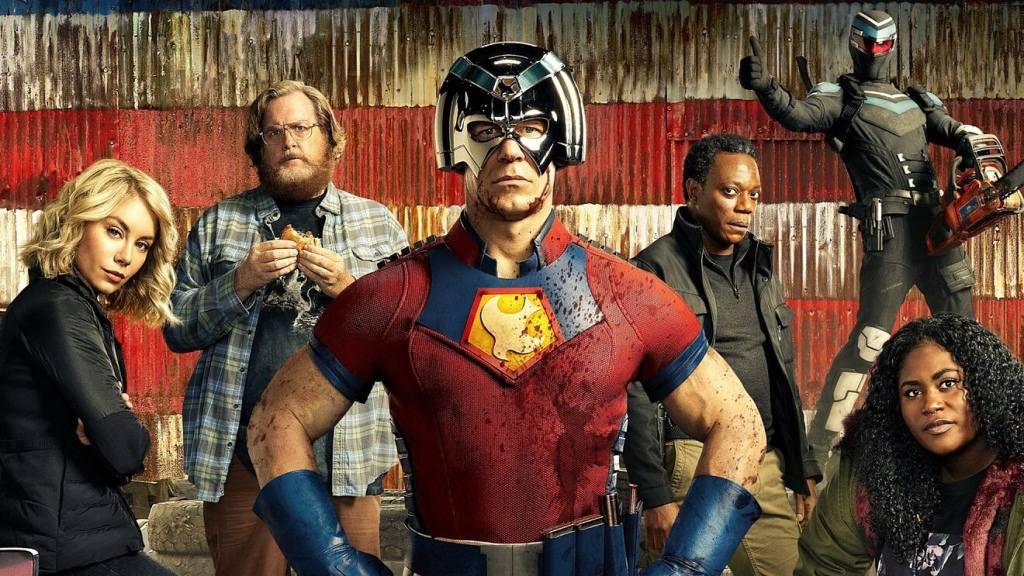
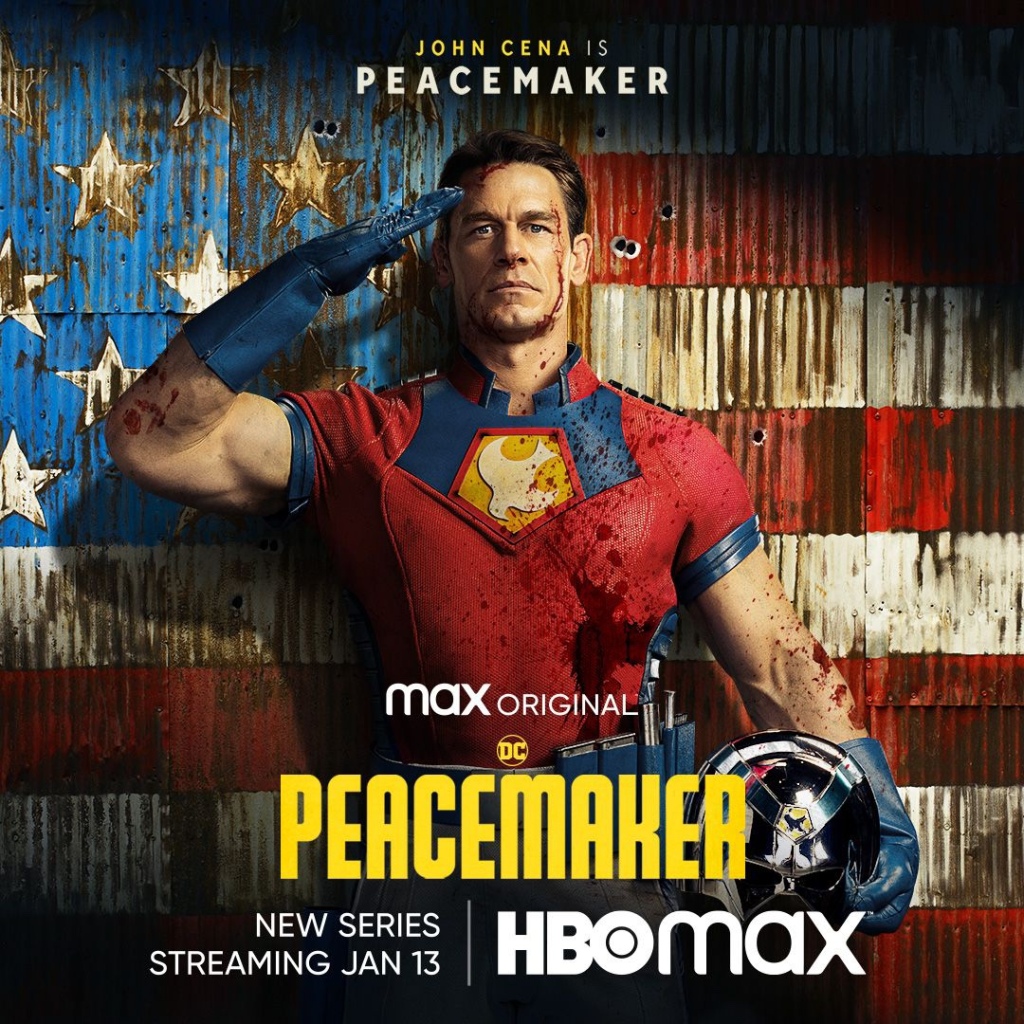
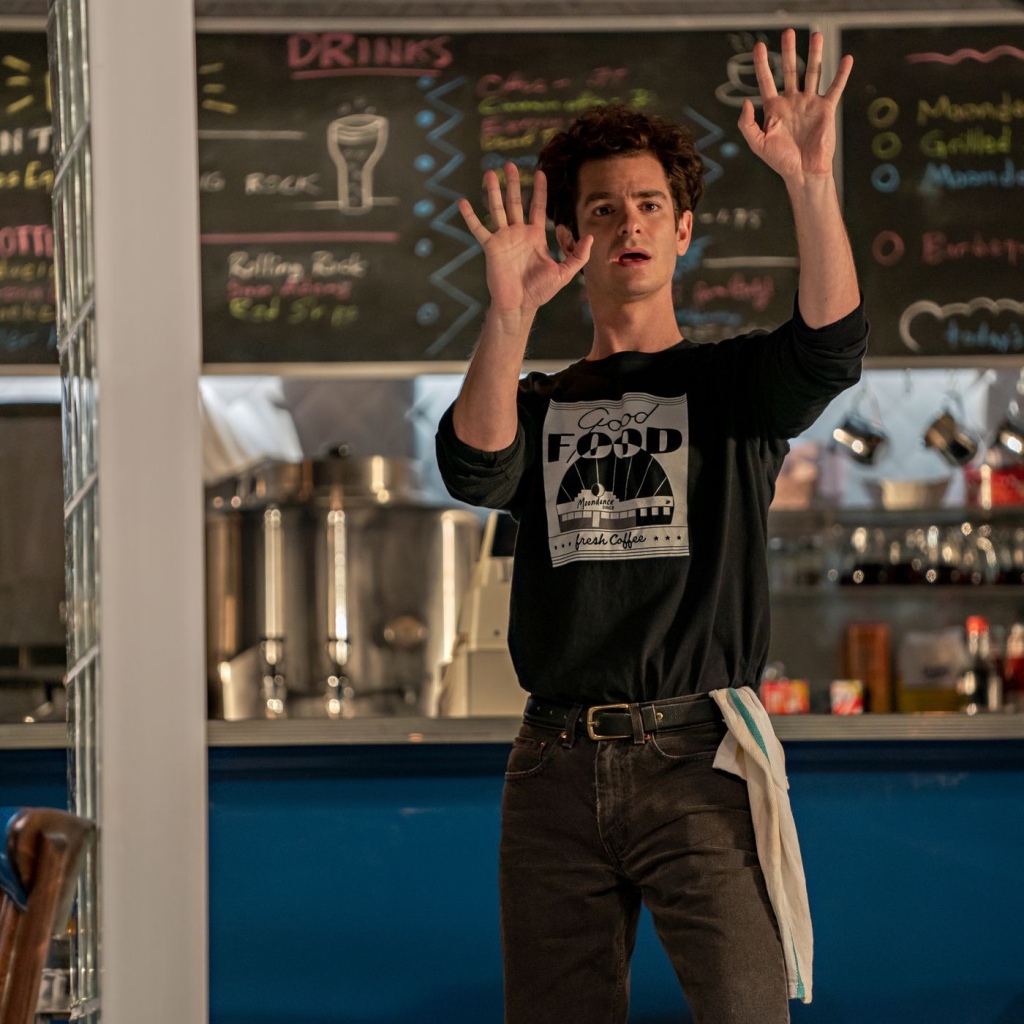
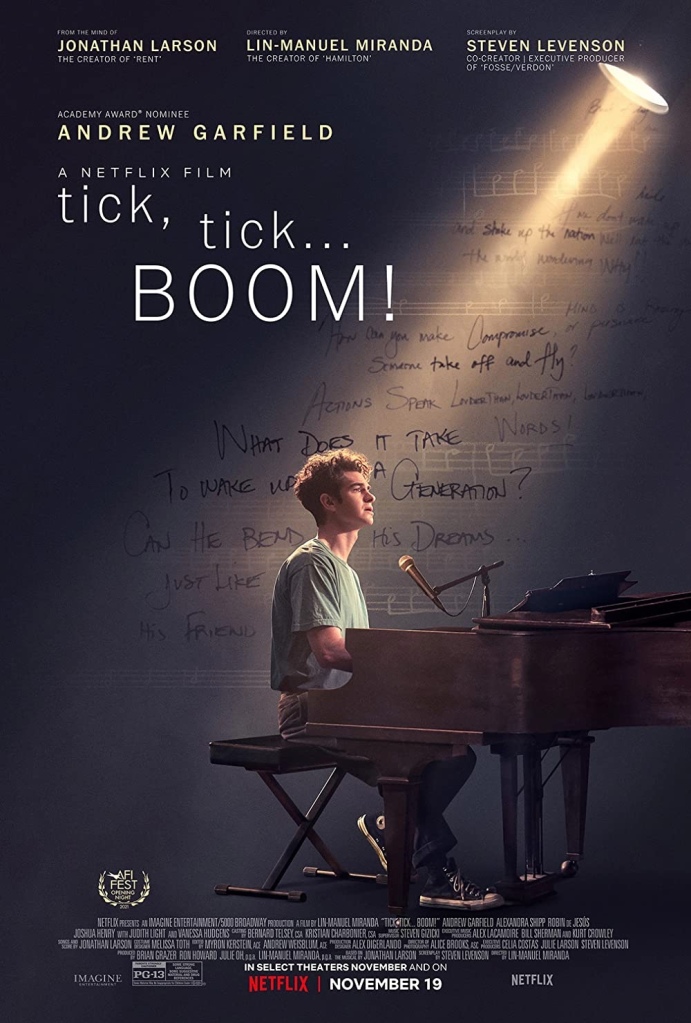
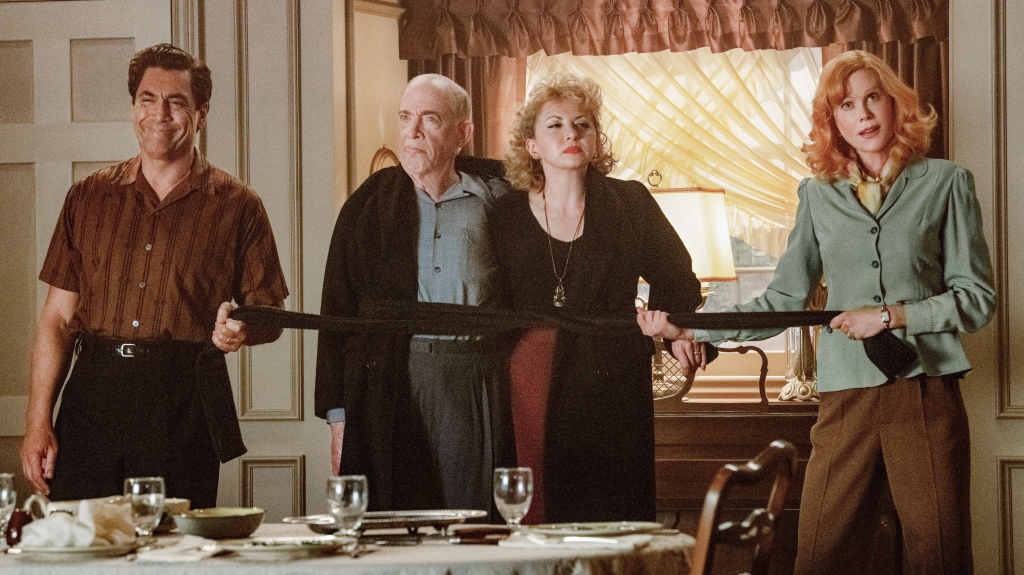
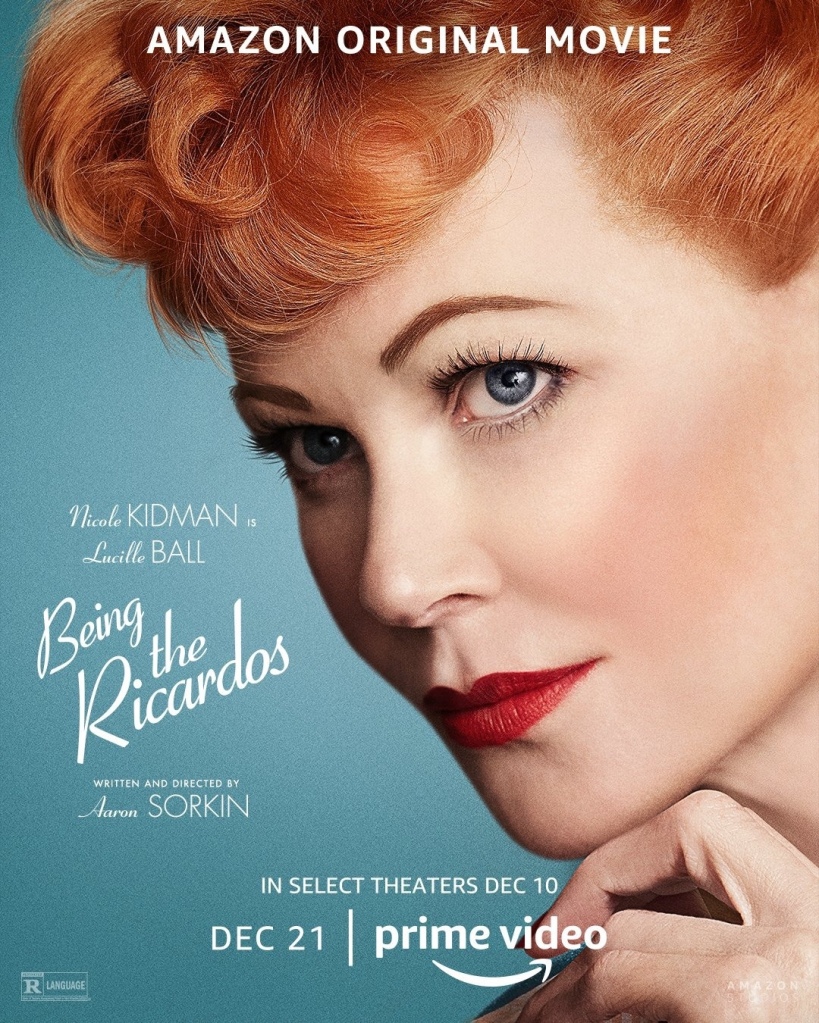



![Description: Film poster; Source: Wikipedia [linked]; Portion used: Film poster only; Low resolution? Sufficient resolution for illustration, but considerably lower resolution than original. Other information: Intellectual property by film studio. Non-free media use rationales: Non-free media use rationale - Article/review; Purpose of use: Used for purposes of critical commentary and illustration in an educational article about the film. The poster is used as the primary means of visual identification of this article topic. Replaceable? Protected by copyright, therefore a free use alternative won't exist.](https://reelroyreviews.com/wp-content/uploads/2014/08/guardians-of-the-galaxy.jpg?w=202)